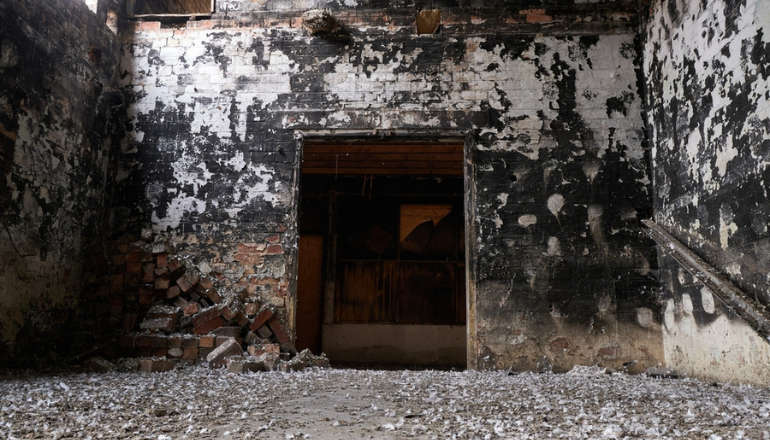
The Isle of Wight Council is warning that children and young people on the Island are putting their lives at risk by entering derelict buildings .
The Isle of Wight Community Safety Partnership (CSP) is calling on parents and carers to help educate their children after a number of reports of people going into empty and dangerous properties over the summer holidays.
Many of these buildings are old and poorly maintained, concealing hidden dangers which are likely to cause sickness and injury, or potentially life-changing injuries or even death.
The CSP, which consists of several organisations which work together to tackle, prevent and reduce crime and anti-social behaviour, is urging young people to think twice before entering such buildings, and encouraging parents to discuss the potential risks including the legal implications of trespass.
Councillor Karen Lucioni, Cabinet member for community protection, said:
"Just like you talk to your children about staying away from strangers, it’s important to talk to your children about staying away from abandoned properties and buildings.
"We would encourage parents to be aware of where their children are playing with their friends, and make them aware of the hazards that abandoned buildings and unsecured sites can pose.
"In 2021, 22-year-old art student Ethan Bonnar fell through the roof of an abandoned building in Devon and was not discovered for over 24 hours. Ethan suffered a traumatic brain injury and due to the delay in medical intervention sadly lost his life two days later.
“The council is undertaking planning enforcement action in a number of instances, but legal processes take time.
“I’m also aware that through our excellent Community Safety Partnership that a range of other powers across all the partner agencies are being explored to help us tackle these unsafe buildings that all too often blight our communities.”
Empty and derelict properties contain dangers such as weak roofs and staircases and other hazards including asbestos, lead paint, mould, broken glass and holes in the floor.
Entering private property without the owner's consent may also be considered civil trespass and could lead to legal consequences.
Backing the safety call, Superintendent Robert Mitchell, of Hampshire and Isle of Wight Constabulary, added:
"One problem for the Island involves disused hotels.
"They present a safety concern as they can attract young or vulnerable people seeking fun or shelter. In some cases people are drawn to the premises for nothing more than causing criminal damage and anti-social behaviour.
"The CSP has been working to address this issue for a long time. We are pursuing legal processes to ensure safety and cosmetic improvements are addressed with property owners. This process can be slow and frustrating but not through want of trying by the partnership.
"Whilst efforts to have action taken by owners continues, the partnership has plans to secure buildings to prevent access, detect intruders and improve security through CCTV and other trackable methods.
"Arson in particular poses a real risk to anyone who enters the building, including emergency responders dealing with the consequences. Those who are drawn to this type of behaviour need to consider the life-changing consequences if a fatal fire took hold.
"As well as causing serious physical harm to somebody, you risk a substantial criminal conviction. We will continue to work together to find a long term solution, with the owners, to minimise the risk to the public."
The organisations which form the CSP are Isle of Wight Council, Hampshire and Isle of Wight Constabulary, Hampshire and Isle of Wight Fire and Rescue Service, National Probation Trust, the Isle of Wight Clinical Commissioning Group and voluntary sector partners.
More information can be found on the Isle of Wight Community Safety Partnership website.
The Hampshire and Isle of Wight Fire and Rescue Service has more information about educating children and young people on fire safety on its website.

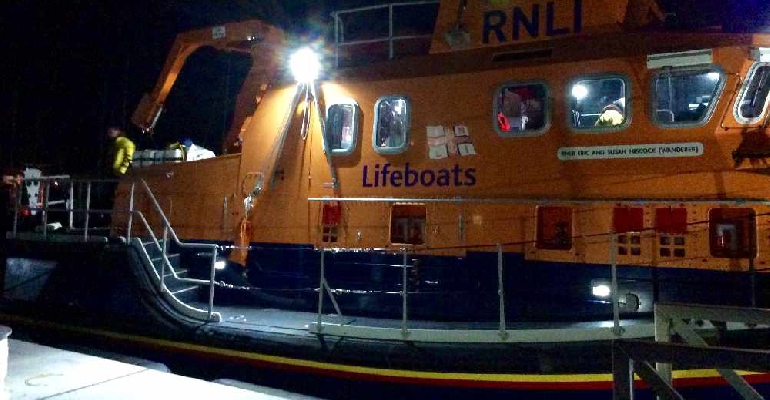 Engine Problems Lead To Yarmouth RNLI Callout To Osborne Bay
Engine Problems Lead To Yarmouth RNLI Callout To Osborne Bay
 Ryde Academy Students Donate To Two Worthy Causes At Christmas
Ryde Academy Students Donate To Two Worthy Causes At Christmas
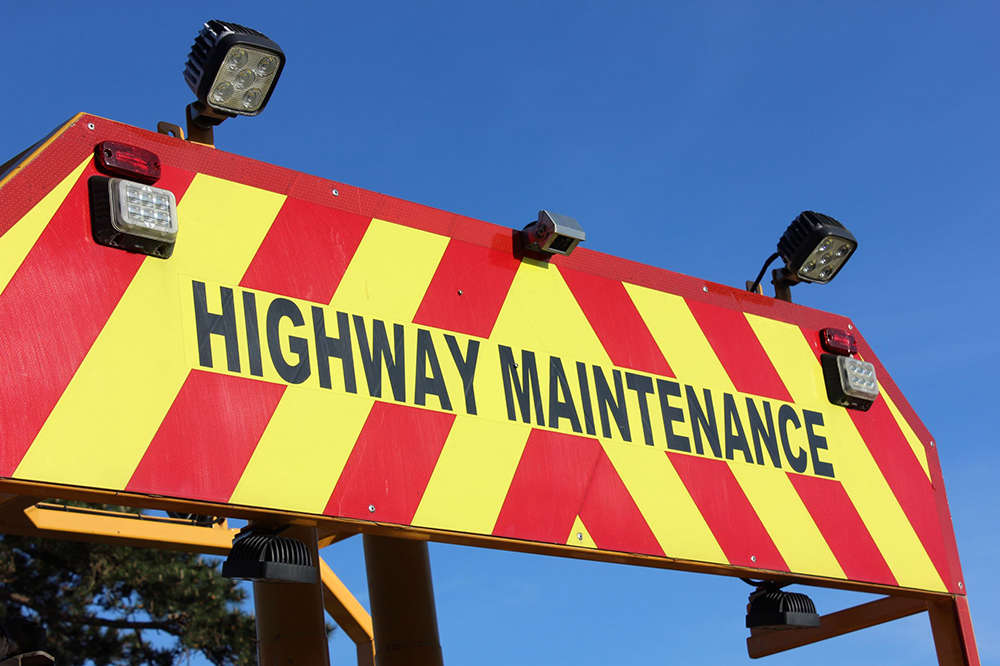 Road Improvement Works To Get Underway From The Very Start Of The New Year
Road Improvement Works To Get Underway From The Very Start Of The New Year
 Isle of Wight Youth Trust Benefits From Big Give Support
Isle of Wight Youth Trust Benefits From Big Give Support
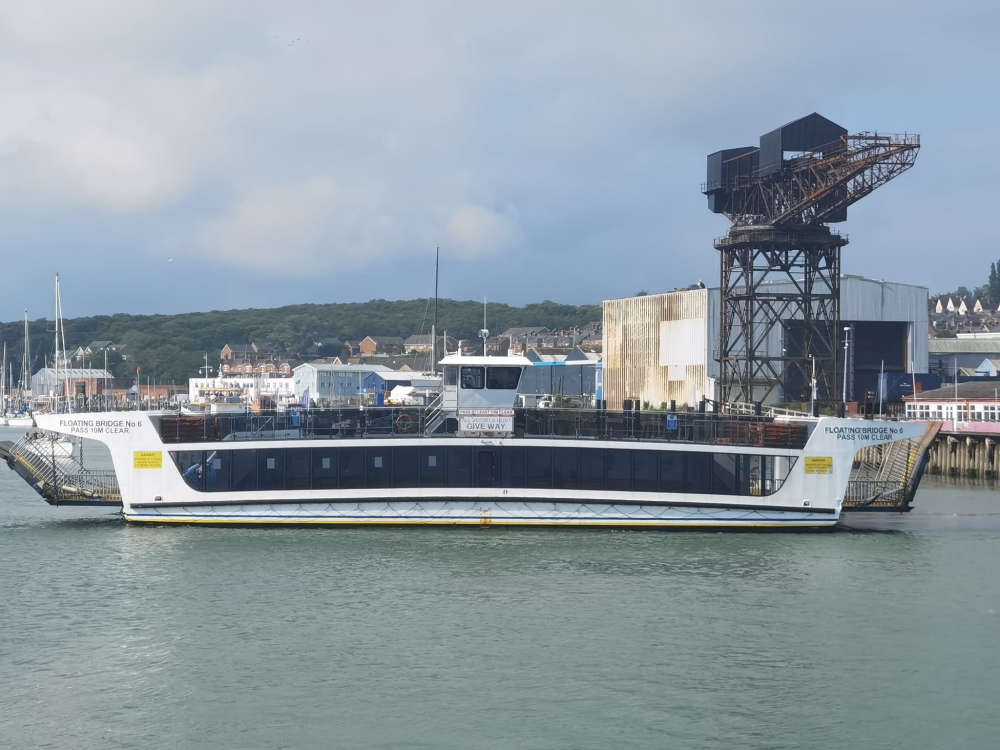 Council Chair 'Furious' Over Floating Bridge Replacement Fiasco
Council Chair 'Furious' Over Floating Bridge Replacement Fiasco
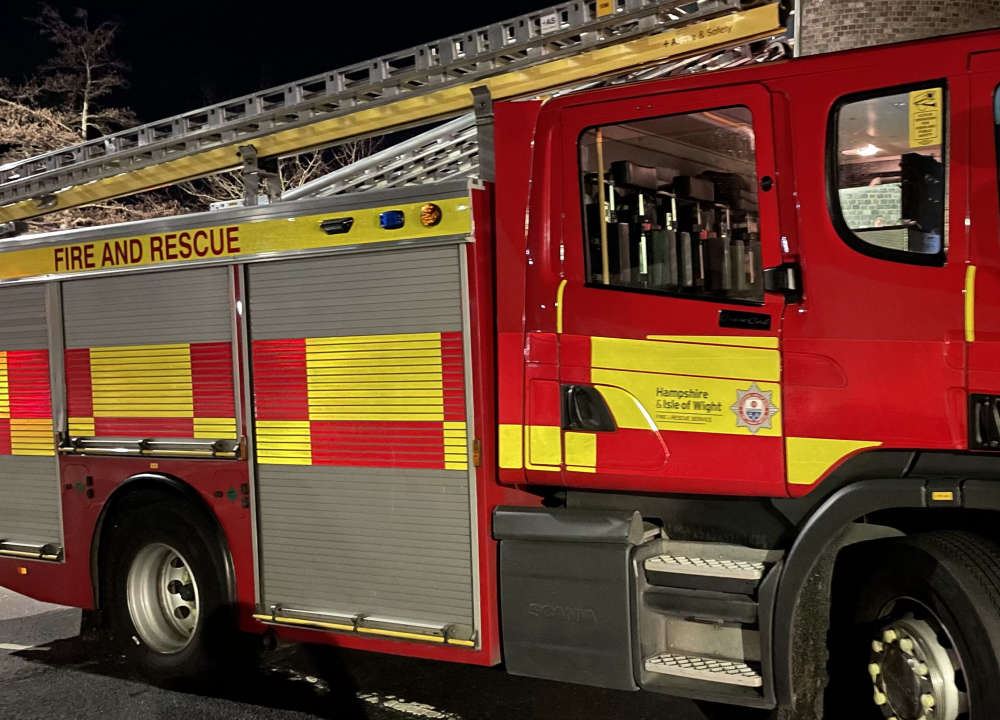 Fire Service Travel To Island Contributes To Huge Budget Overspend
Fire Service Travel To Island Contributes To Huge Budget Overspend
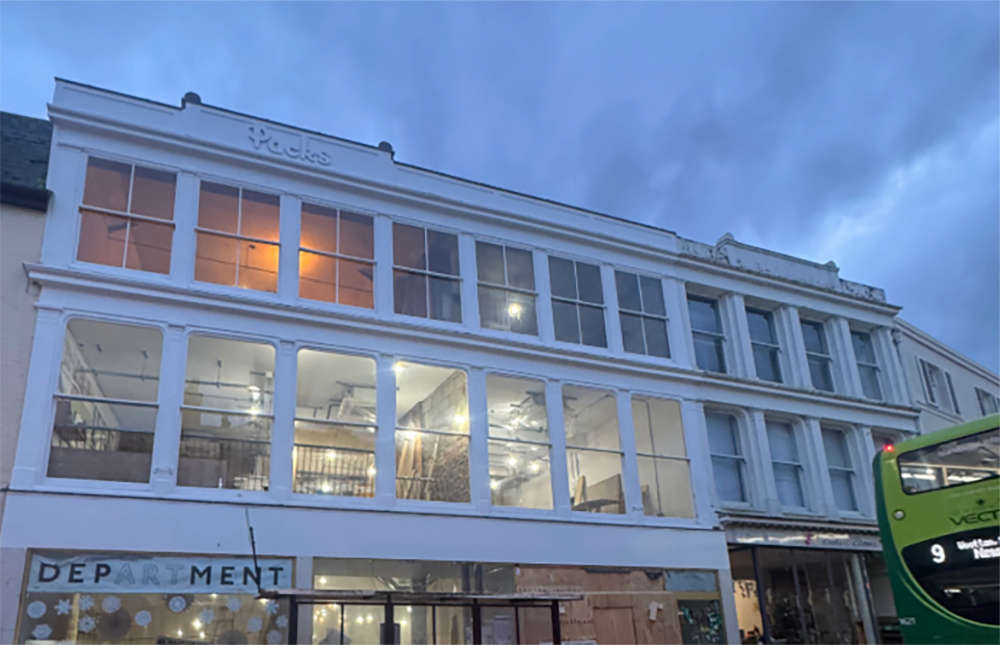 Department Approaching Completion In Ryde As Opening Date Announced
Department Approaching Completion In Ryde As Opening Date Announced
 Guidance Issued Over Sharps Disposal As Waste Teams At Risk
Guidance Issued Over Sharps Disposal As Waste Teams At Risk
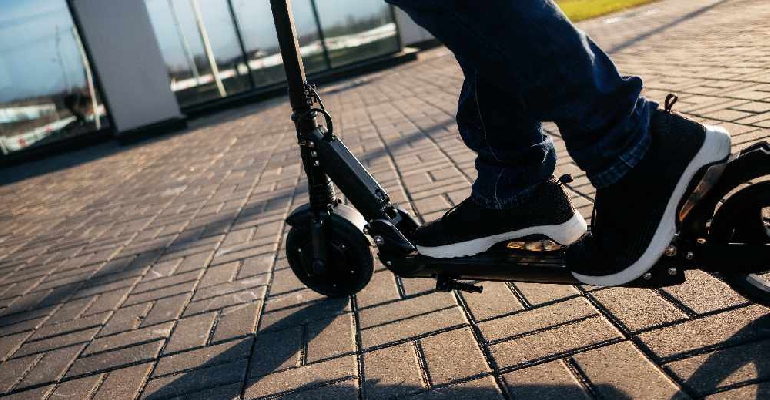 Police Warnings Over E-Scooters Ahead Of Christmas Day
Police Warnings Over E-Scooters Ahead Of Christmas Day
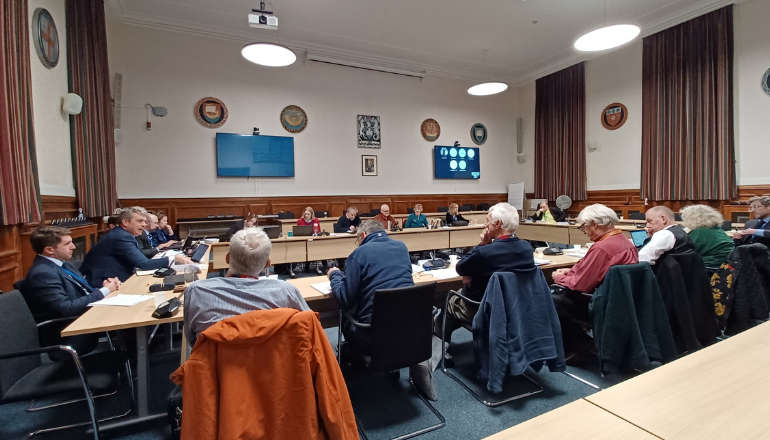 Controversial Freshwater Housing Proposal Turned Down
Controversial Freshwater Housing Proposal Turned Down
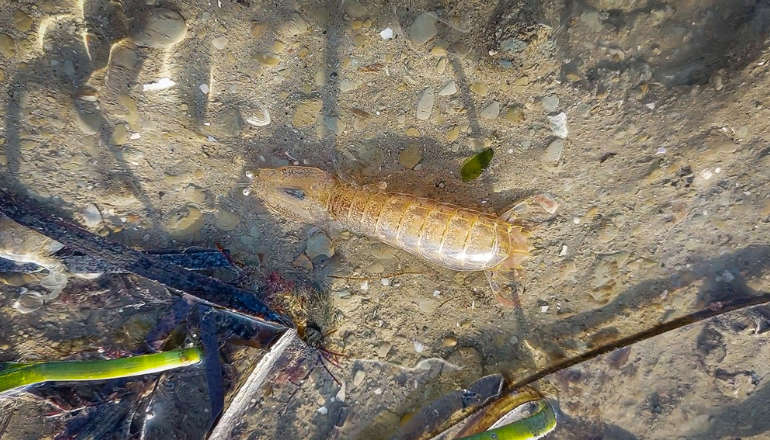 Rare Mantis Shrimp Discovery Made In Waters Off Isle Of Wight
Rare Mantis Shrimp Discovery Made In Waters Off Isle Of Wight
 Man In 50s Confirmed Dead Following Newport Crash
Man In 50s Confirmed Dead Following Newport Crash
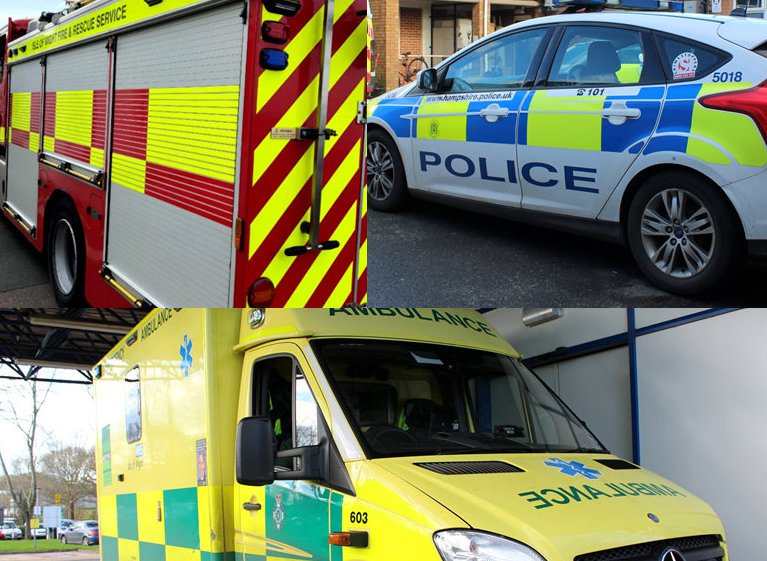 Pedestrian In Hospital With Serious Injuries Following Early Morning Motorcycle Crash
Pedestrian In Hospital With Serious Injuries Following Early Morning Motorcycle Crash
 Cowes Stately Home To Have Facilities Upgraded As Part Of Approved Renovation
Cowes Stately Home To Have Facilities Upgraded As Part Of Approved Renovation
 Ofsted Deliver Glowing Report For 'Welcoming' And 'Highly Ambitious' Island Primary School
Ofsted Deliver Glowing Report For 'Welcoming' And 'Highly Ambitious' Island Primary School
 Help Available For Islanders To Cut Energy Bills
Help Available For Islanders To Cut Energy Bills
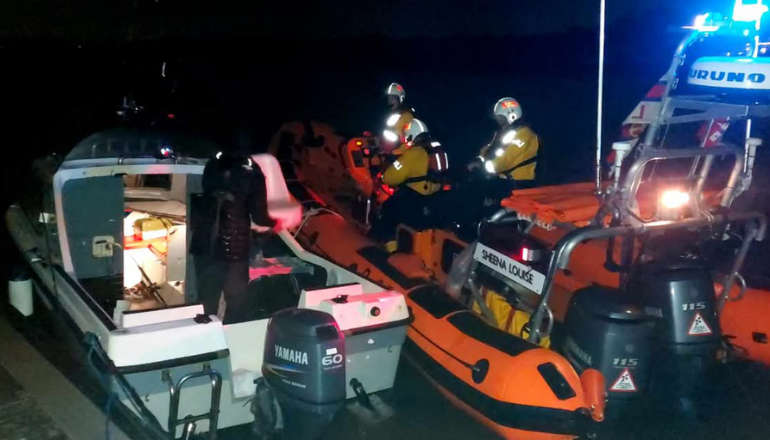 Cowes Lifeboat Performs Mid-Solent Rescue Of Fishing Boat
Cowes Lifeboat Performs Mid-Solent Rescue Of Fishing Boat
 Christmas Shopping With A Difference In Ryde – Half A Mile Out To Sea!
Christmas Shopping With A Difference In Ryde – Half A Mile Out To Sea!
 Home-From-Home' Nursery Given 'Outstanding' Ofsted Grade
Home-From-Home' Nursery Given 'Outstanding' Ofsted Grade


